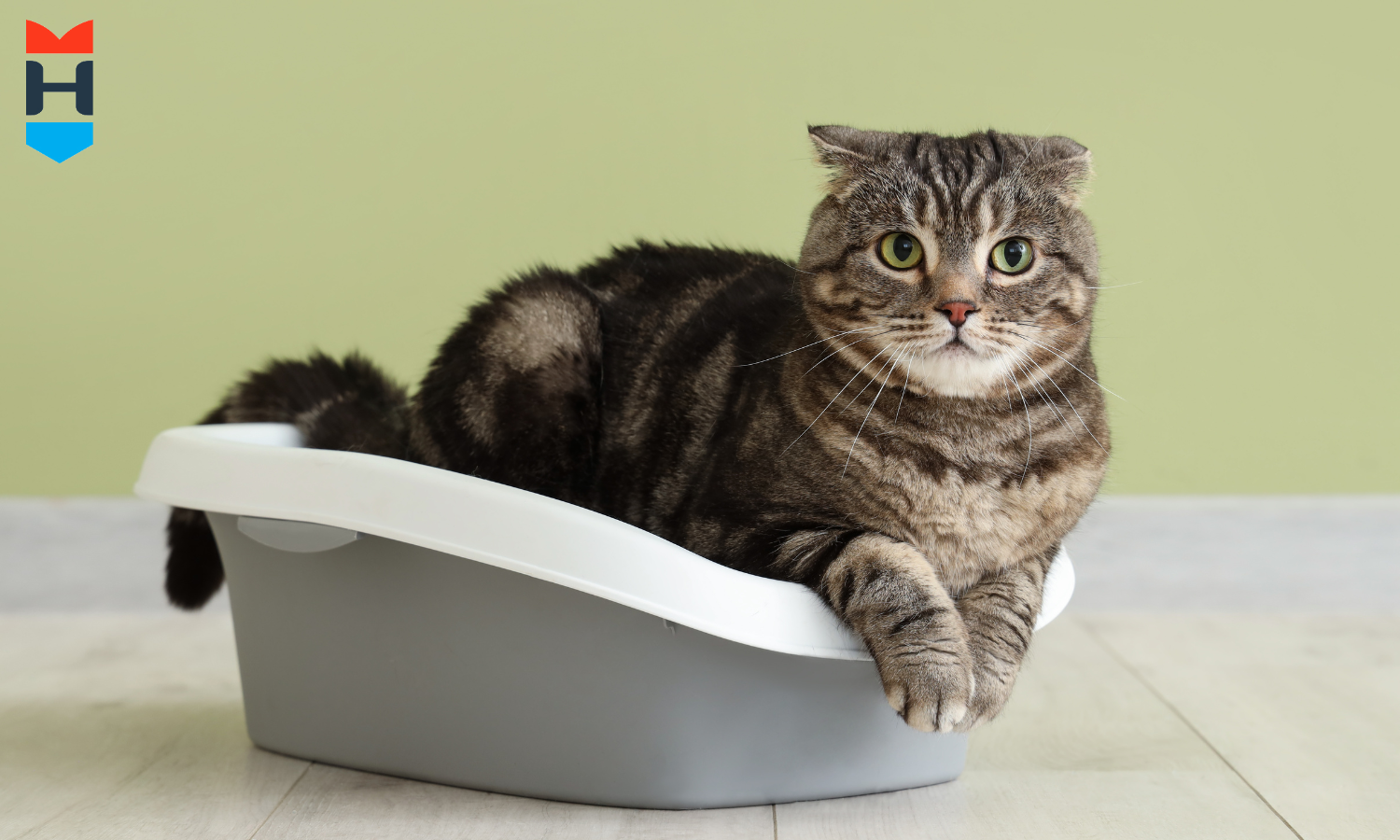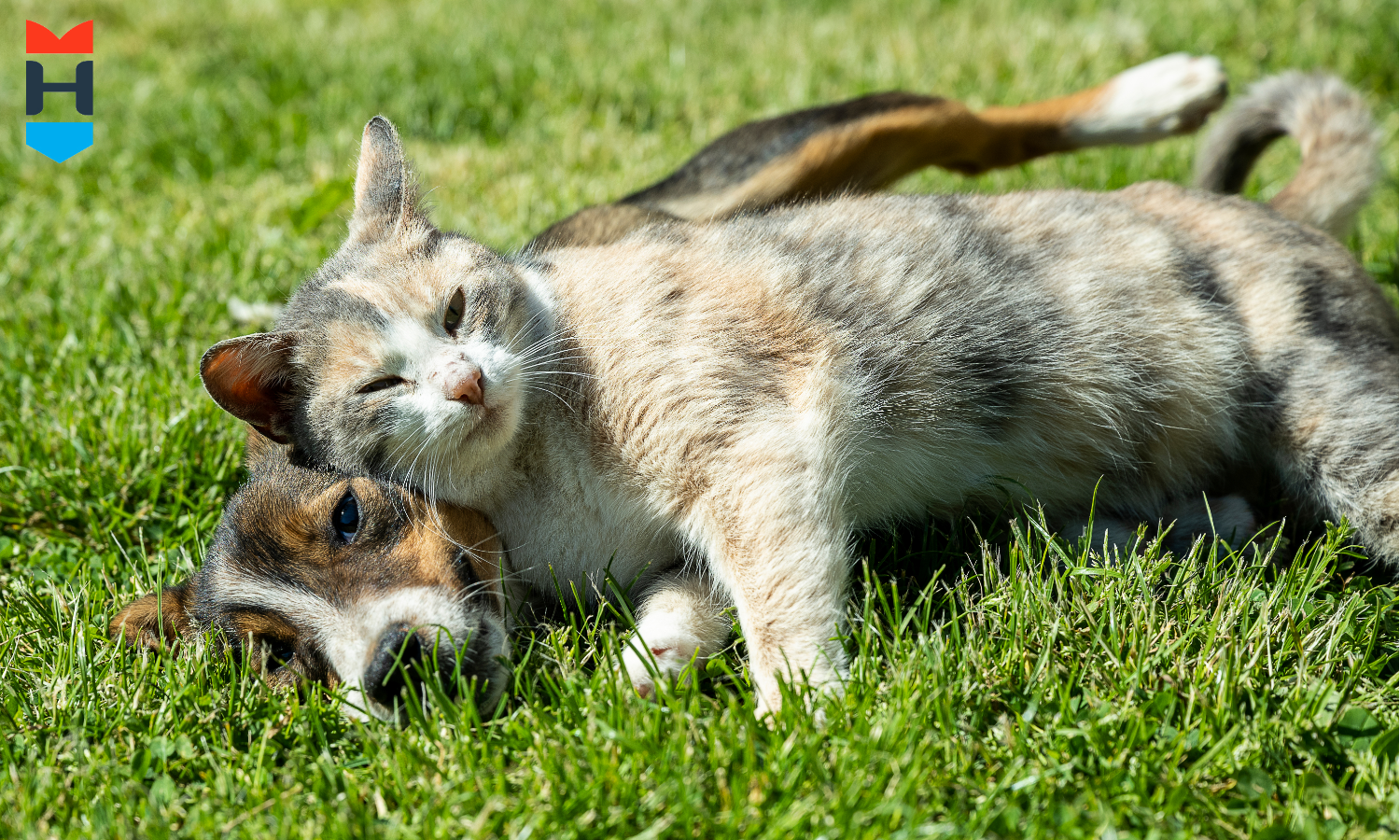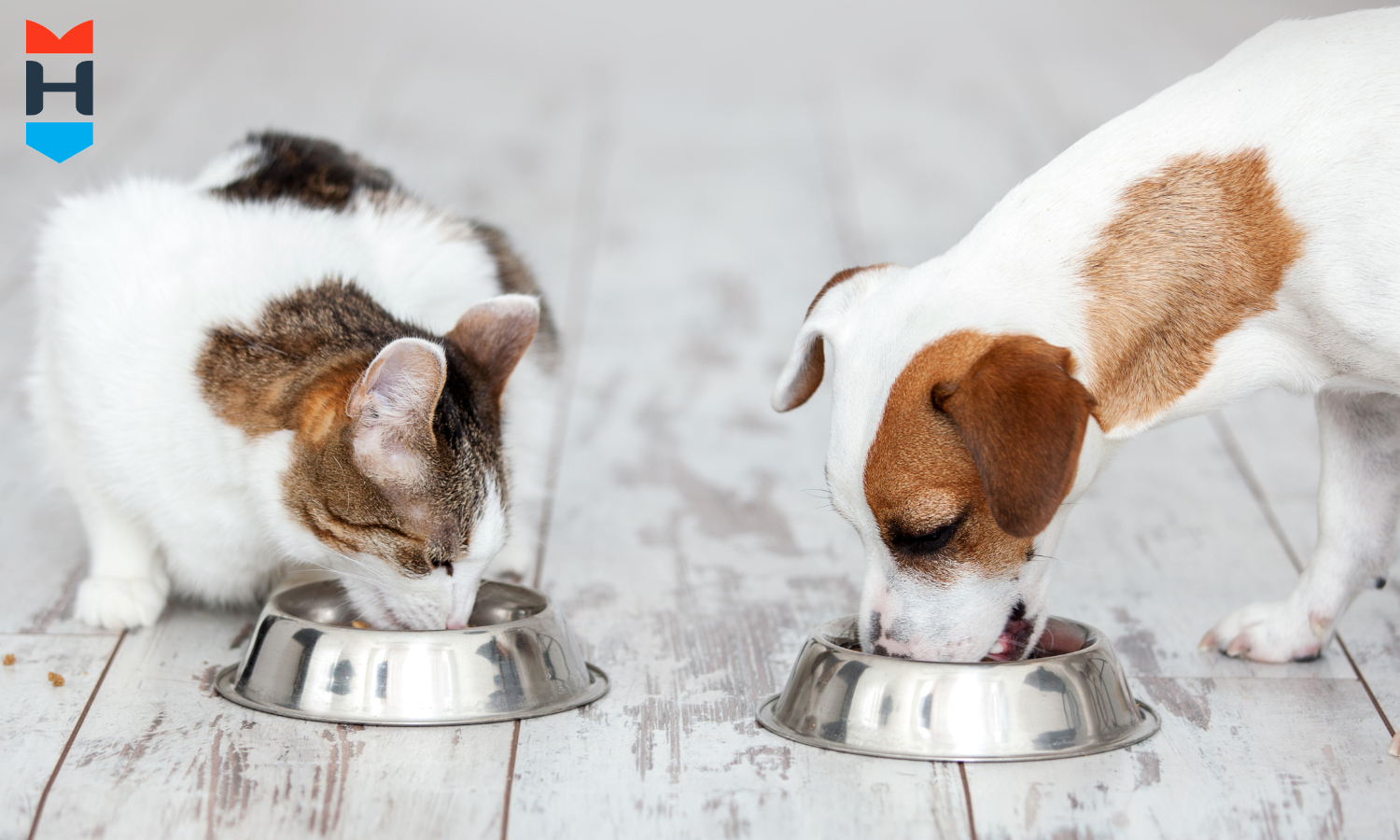When cats suddenly need to go to the toilet more often, experience pain when urinating, or become unclean, there's often more to it than just a mood swing. Urinary tract problems can have serious consequences – and that's exactly where HenArt comes in. The Dutch company for innovative dog and cat food based on plant and insect proteins sheds light on the problem.
Urinary tract diseases in cats: More than just a minor ache
The article explains how urinary tract diseases manifest in cats, what treatment options are available, and how a balanced diet can help prevent symptoms.
Recognizing urinary tract issues
Urinary tract infections in cats manifest themselves in a variety of ways. Those who correctly interpret the signs can do a lot for their pet's health. Typical signs include:
1. Frequent attempts to urinate
Cats often sit down and try to urinate, but little or no urine comes out – this may indicate a blockage or inflammation.
2. Loud meowing when urinating
A strong urge to urinate, accompanied by screaming or howling, is usually a clear sign of pain.
3. Blood in the urine
Reddish discoloration in the urine indicates a possible infection, bladder stones or even tumors.
4. Intensive licking of the genital area
If the cat grooms itself there noticeably often, this could indicate irritation or discomfort in the urinary tract.
5. Behavioral changes
Withdrawal, restlessness, or sudden irritability often occur when cats are in pain or stressed.
👉 If you notice such symptoms, don't hesitate to seek veterinary advice as soon as possible. An early check-up can prevent more serious consequences such as urinary tract blockages—and in serious cases, even save lives.
Causes of urinary tract issues
To prevent problems, it's worth looking at the possible causes. Several factors can increase the risk of urinary tract diseases in cats:
1. Diet
Cats need food that supports their urinary tract. High magnesium or ash content, in particular, can lead to the formation of struvite crystals—especially when combined with dry food, which can exacerbate the problem (source: Journal of Veterinary Internal Medicine).
2. Dehydration
Many cats naturally drink very little, especially if they are fed primarily dry food. This causes the urine to become more concentrated, which promotes crystal formation. Wet food can help here, as it significantly increases fluid intake and thus reduces the risk of urinary problems (source: Journal of Feline Medicine and Surgery).
3. Stress in everyday life
A new roommate, a move, or other changes can trigger stress—and that's exactly what can irritate the urinary tract. Feline idiopathic cystitis (FIC) demonstrates how closely stress and urinary tract health are linked.
4. Obesity
Cats with excess weight often move less, which can negatively impact urinary tract health. Hormonal changes and an unhealthy diet also play a role. In addition, obesity promotes inflammatory processes that can exacerbate existing problems (source: Journal of Animal Physiology and Animal Nutrition) .
Treatment options
If a cat is diagnosed with a urinary tract problem, several treatment approaches are usually considered. Depending on the cause and severity, the following measures are possible:
✓ Medical intervention
Depending on the diagnosis, medication may be necessary—such as antibiotics for infections or anti-inflammatory drugs for an irritated bladder. Special therapies for urinary crystals or bladder stones are also possible and should always be supervised by a veterinarian.
✓ Dietary changes
A balanced diet that specifically supports the urinary tract is an important component of treatment. This is precisely where HenArt comes in: with insect protein-based formulas that naturally contain less magnesium and ash. This helps maintain the pH level in the urine within a healthy range and prevent crystal formation – all without artificial additives.
✓ Increased water intake
Adequate water intake plays a key role. Many cats don't drink enough, especially if they're fed only dry food. Wet food can help with this, as it automatically increases daily fluid intake and naturally relieves pressure on the urinary tract.
HenArts contribution to urinary tract health
Proper nutrition plays a key role in urinary tract health. HenArt's wholesome recipes are designed to address this very issue – they support the entire urinary tract on multiple levels:
1. Insect proteins with effect
HenArt relies on innovative ingredients such as insect proteins, which have shown particular promise in treating urinary tract problems. The mealworm base provides high-quality protein and contributes to overall health and well-being.
- Mealworms are rich in proteins and healthy fats, including valuable omega-3 and omega-6 fatty acids
- The balanced amino acid profile supports tissue repair
- Anti-inflammatory properties can help relieve urinary tract irritation
2. The HenArt Eggshell Membrane® as a functional additive
HenArt mealworm food also contains Eggshell membrane – a natural ingredient with proven health benefits.
- Contains glucosamine and chondroitin , which can reduce inflammation in the body, including the urinary tract
- Supports the regeneration of damaged tissue
- Provides collagen , which can strengthen the structure of the bladder mucosa
3. Tailored nutrient profile
HenArt food provides what cats need – without unnecessary fillers. The targeted selection and dosage of nutrients ensures that mineral levels remain low, thus preventing the formation of urinary crystals. At the same time, the diet remains wholesome and balanced – for an all-around healthy cat.
What to do – and what not to do
A few simple measures can contribute significantly to urinary tract health. It's equally important to consciously avoid certain things.
Dos
✅ Consult your veterinarian
If symptoms are noticeable, a veterinary assessment should always be carried out.
✅ Switch to reputable diet
A balanced diet like that of HenArt, which is specifically tailored to urinary tract health, provides targeted support to the body.
✅ Encourage hydration
Fresh water should always be available. A mix of wet and dry food can also help increase daily water intake.
✅ Monitor weight
A balanced portion and sufficient exercise help to avoid obesity – a risk factor for urinary problems.
✅ Regular vet check-ups
Preventive examinations help to identify possible problems early and treat them in a timely manner.
Don'ts
❌ Ignore warning signals
Symptoms such as increased urination, blood in the urine or uncleanliness should never be taken lightly.
❌ Feed low-quality food
Cheap feed with high mineral or ash content can place additional strain on the urinary tract.
❌ Underestimate hydration
Many cats don't drink enough—especially when fed dry food alone. Wet food can be a useful supplement.
❌ Experiment with home remedies
Untested herbal mixtures or nutritional supplements can do more harm than good if they are not coordinated with the veterinarian.
❌ Stress
Sudden changes in the environment often have a negative impact on well-being – and thus also on the urinary tract.
Conclusion: Small changes, big impact
Urinary tract problems are equally stressful for cats and their owners. But with the right knowledge and targeted measures, many problems can be managed—or even prevented altogether.
HenArt is committed to making a real contribution to the health of cats with innovative, protein-rich insect foods. The recipes are developed to naturally support the urinary tract while providing a completely balanced diet.
Conscious feeding, sufficient daily fluid intake, and regular veterinary consultations are important building blocks for a healthy cat's life. Choosing HenArt means making a choice for long-term well-being—not just for the food bowl, but for the entire animal.
Because in the end, it's not just about nutrition. It's about accompanying cats through life strong, healthy, and happy.




Leave a comment
All comments are moderated before being published.
This site is protected by hCaptcha and the hCaptcha Privacy Policy and Terms of Service apply.